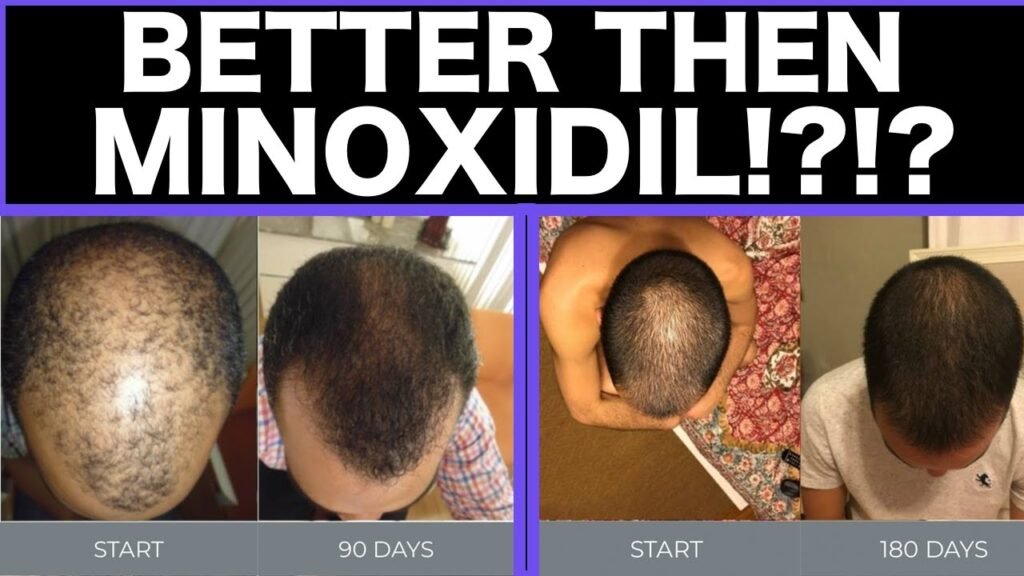Side-by-side review of Natural alternatives to minoxidil
When it comes to hair growth solutions, many individuals seek natural alternatives to minoxidil, a popular but chemically formulated treatment. In this side-by-side review, we delve into some of the most talked-about natural alternatives and their potential benefits for promoting hair health and growth.
Aloe Vera vs. Rosemary Oil
Aloe vera is well-known for its soothing and moisturizing properties, making it a popular choice for scalp health. It is rich in enzymes that can remove dead skin cells and unblock hair follicles, potentially promoting hair growth. On the other hand, rosemary oil is celebrated for its ability to improve circulation and stimulate hair follicles. Studies suggest that rosemary oil can be as effective as minoxidil in increasing hair count, without the associated side effects.
Saw Palmetto vs. Pumpkin Seed Oil
Saw palmetto is a natural DHT blocker, which can be beneficial for those experiencing hair thinning due to hormonal changes. Its ability to inhibit the enzyme responsible for converting testosterone to DHT makes it a powerful ally in hair retention. Pumpkin seed oil, rich in fatty acids and vitamins, also exhibits DHT-blocking properties. It is believed to support hair growth by nourishing the scalp and strengthening hair strands, offering a multi-faceted approach to hair health.
Onion Juice vs. Green Tea Extract
Onion juice has gained popularity for its high sulfur content, which is essential for the regeneration of hair follicles. Regular application is thought to enhance blood circulation and provide essential nutrients to the scalp. Conversely, green tea extract is rich in antioxidants, particularly epigallocatechin gallate (EGCG), which has been shown to stimulate hair growth and prevent hair loss. Its anti-inflammatory properties also contribute to a healthier scalp environment.


